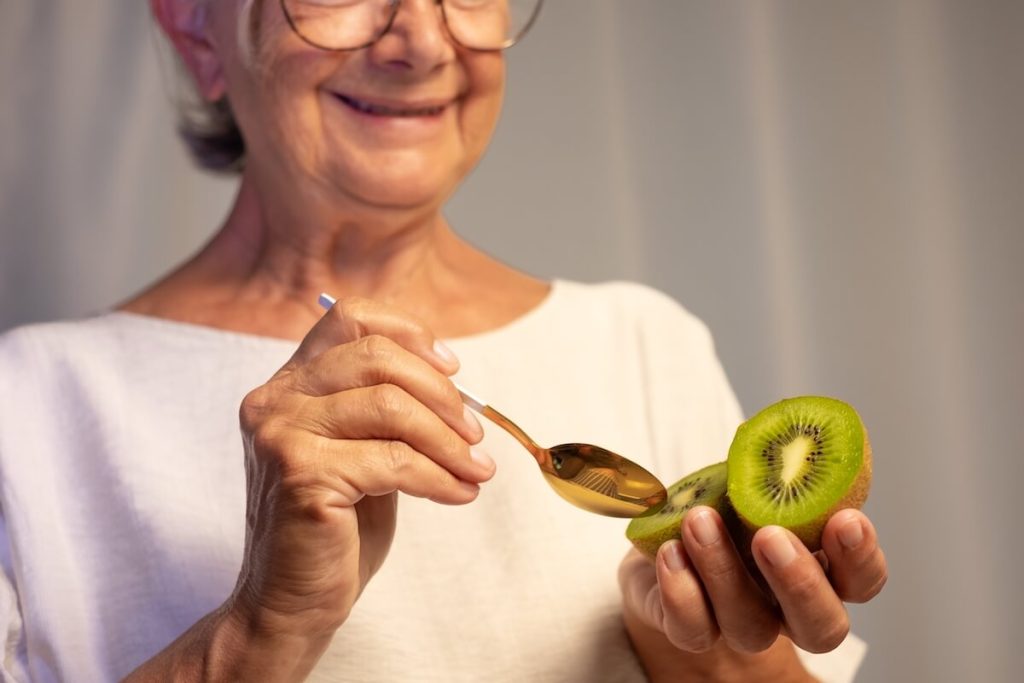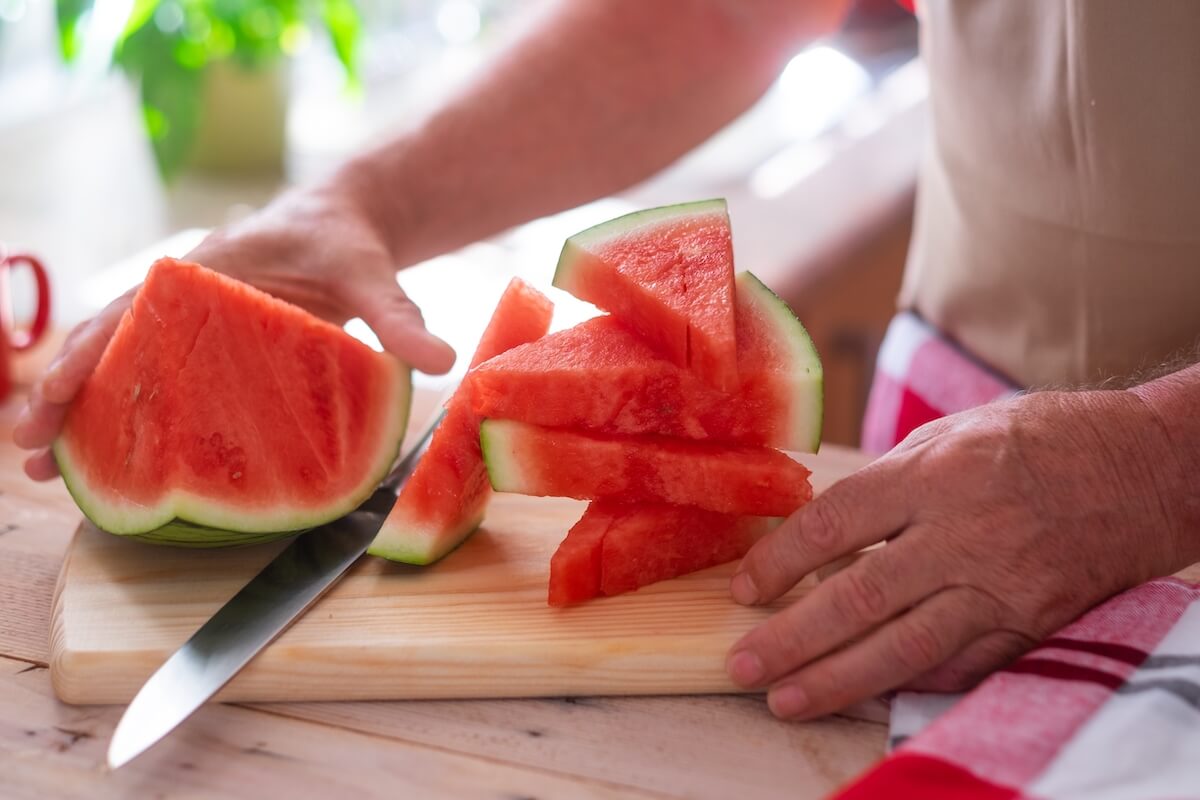Our nutritional needs evolve over time, making it essential to focus on a balanced and nutrient-rich diet. One way to ensure optimal nutrition is by embracing seasonal eating. Seasonal foods are fresher, tastier, and often more nutritious. For older adults, this approach can significantly enhance health and well-being.
Our team at HearthStone Ciel Senior Living is exploring the benefits of eating according to the seasons, providing helpful summer nutrition tips tailored for older adults, and showcasing how retirement communities in Florida can help with this particular topic.
What is Seasonal Eating?

Seasonal eating refers to consuming foods that are naturally harvested during a particular time of the year. By eating produce when it’s at its peak, you not only enjoy superior taste and nutritional value, but you also support local farmers and reduce your environmental footprint. Seasonal eating aligns your diet with nature’s cycles, providing what your body needs during each season.
Benefits of Seasonal Eating
Improved Nutritional Value and Taste
Seasonal foods are harvested at their peak ripeness, meaning they are packed with essential vitamins and minerals. Their flavors are also more robust and enjoyable compared to out-of-season produce that has traveled long distances to reach your plate.
Better Support for the Body’s Natural Needs
Our bodies have different nutritional requirements throughout the year. Summer’s bounty of fruits and vegetables hydrates and provides essential nutrients, while winter’s root vegetables offer warmth and sustenance. Aligning your diet with these natural cycles helps support overall health.
Cost Savings and Sustainability
Seasonal produce is often less expensive due to its abundance and lower transportation costs. Additionally, by choosing local and seasonal foods, you reduce the carbon footprint associated with long-distance food transport, contributing to a healthier planet.
5 Summer Nutrition Tips
1: Stay Hydrated with Fresh Fruits and Vegetables
Hydration is crucial, especially during the hot summer months. Incorporate water-rich fruits and vegetables such as watermelon, cucumbers, and tomatoes into your diet. These foods help maintain hydration levels while providing essential vitamins and minerals.
2: Choose Foods Rich in Vitamin D for Bone Health
Vitamin D is vital for bone health, particularly in older adults. Include summer-friendly sources such as mushrooms exposed to sunlight, fortified milk, and fatty fish like salmon in your meals.
3: Enjoy Seasonal Berries for Antioxidants
Berries such as strawberries, blueberries, and raspberries are in season during summer. They are rich in antioxidants, which help fight inflammation and protect against chronic diseases. Add them to salads or yogurt, or simply enjoy them as a snack.
4: Include Omega-3 Fatty Acids for Brain Health
Omega-3 fatty acids play a crucial role in maintaining brain health. Flaxseeds, chia seeds, and walnuts are excellent plant-based sources that can be easily added to smoothies, cereals, or salads.
5: Be Mindful of Portion Sizes and Frequency of Meals
As metabolism slows with age, it is important to be mindful of portion sizes and meal frequency. Opt for smaller, more frequent meals to manage hunger and energy levels effectively throughout the day.
Examples of Seasonal Summer Foods

Don’t know where to start? We’ve crafted this quick guide with some delicious and nutritious summer food examples to incorporate into your diet to keep you refreshed and energized:
- Fruits: Watermelon, peaches, strawberries, blueberries, and cantaloupe. These fruits are not only hydrating but also packed with vitamins and antioxidants that support overall health.
- Vegetables: Zucchini, bell peppers, cucumbers, tomatoes, and corn. These vegetables are versatile and can be easily added to salads, grilled dishes, or eaten raw for a crunchy, healthy snack.
- Proteins: Grilled chicken, salmon, tofu, and legumes such as lentils and chickpeas. These protein sources are light yet filling, providing essential nutrients to help maintain muscle mass and energy levels during your summer festivities.
—
Considering these summer nutrition tips can help you maintain overall wellness and a sense of well-being throughout the season. We encourage you to contact our team at HearthStone Ciel Senior Living for more information or to schedule a personalized visit to any of our retirement communities in Florida to learn more about what we offer.





